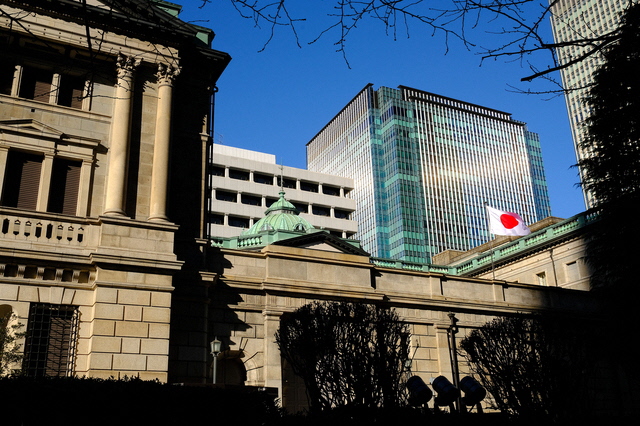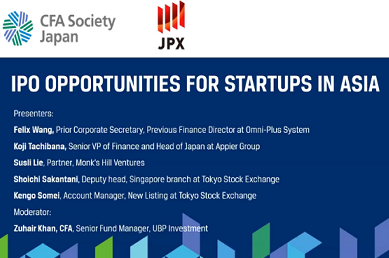Insights
Top Management, Consumption Expected After Wage Hike, Concerned about Economic Standstill

Many top executives want to see consumer spending trends.
Management’s bullish economic outlook is faltering. “Survey of 100 Presidents,” 50% of respondents believe that the current domestic economy is expanding, a drop of more than 20 points from the previous survey. Major firms will implement higher wage increases in fiscal year 2024, but it will take time for these to be reflected in real wages, which remain negative. Many top corporate executives want to see trends in consumer spending, which has become a plateau for the economy’s virtuous cycle.
More views of the current economic “sideways”
The survey is conducted almost once every three months among presidents (including chairpersons) of major Japanese companies. This year’s survey was conducted from February 26 to March 13, and responses were received from 146 companies.
In the previous survey conducted between December 7th and 21st, 2023, 72.5% of respondents answered that the economy was “expanding” or “expanding moderately,” but the percentage dropped to 50% this time. This is the lowest figure since the March 2022 survey (13.1% of the same responses), which reflected the impact of Russia’s invasion of Ukraine.
Instead, the increase was in “flat” responses, with 45.2%, up 19.8 points from the previous survey. When asked about the reasons (multiple responses) for flat growth, “sluggish personal consumption” was the most common (80.3%), followed by “economic stagnation in China” (40.9%) and “normalization of labor shortages” (37.9%).
The DI, an index of business confidence, was plus 23, down 13 points from the previous survey. The decline is the second consecutive quarter.
Hiroyuki Isono, president of Oji Holdings, says, “A recovery in the manufacturing sector remains elusive due to protracted inventory adjustments and weak consumer spending and the Chinese economy.”
Shigeru Kobayashi, president of NGK Insulators, says, “We need to continue to monitor the deteriorating factors such as economic stagnation overseas, especially in China and Europe, and geopolitical risks surrounding the situation in the Middle East.”
On the other hand, 79.5% of respondents answered that the domestic economy would be “expanding” or “expanding moderately” in six months. While wary of stagnant consumption in the current situation, business sentiment is growing in anticipation of economic expansion in the second half of fiscal year 2024.
When will the wage increase take effect?
Behind this is rising wages. The tally of responses to the 2024 spring wage negotiations announced by RENGO on 22nd showed an average wage increase of 5.25%. The BOJ lifted its Negative interest rate policy on the grounds that the environment was now conducive to achieving the inflation target in a sustainable and stable manner, and decided to raise interest rates for the first time in 17 years.
The total consumption trend index in 2023 (2020=100) will be 104.4 in real terms, still lower than the 106.0 in 2018, before the COVID-19 pandemic and sales tax increase. The weakness of consumer spending is largely due to the time factor of being before the realization of “wage hike to beat higher prices.” Bank of Japan Governor Kazuo Ueda also stressed in the Upper House Budget Committee (27th) that the person recognizes that households’ sense of living is deteriorating and that if the results of spring wage negotiations are reflected, the result will be “Real wages will gradually turn positive and improve.”
According to the economic outlook compiled by 37 private-sector economists on 18th by the Japan Center for Economic Research, the average forecast for real GDP (gross domestic product) for the January-March period is a 0.36% year-on-year decline, but a 1.62% increase for the April-June period. The focus going forward will be on the timing of when wage increases will lead to an improvement in the economic climate.
Shingo Hamada, president of Nippon Suisan, says, “In Japan, high corporate profits will be spent on wages and capital spending, but real wages are not expected to become positive until the second half of this year or later.” Keita Kato, president of Sekisui Chemical, says, “The domestic economy is expected to expand in the next six months due to the gradual spread of wage increases, the continuation of appropriate inflation, and the economic effects of rising stock prices.”
Companies will pursue both wage increases and price pass-through. When asked about their intention to raise prices of major products and services by six months, 89.2% said they would implement price increases, including those under consideration.
Related links





